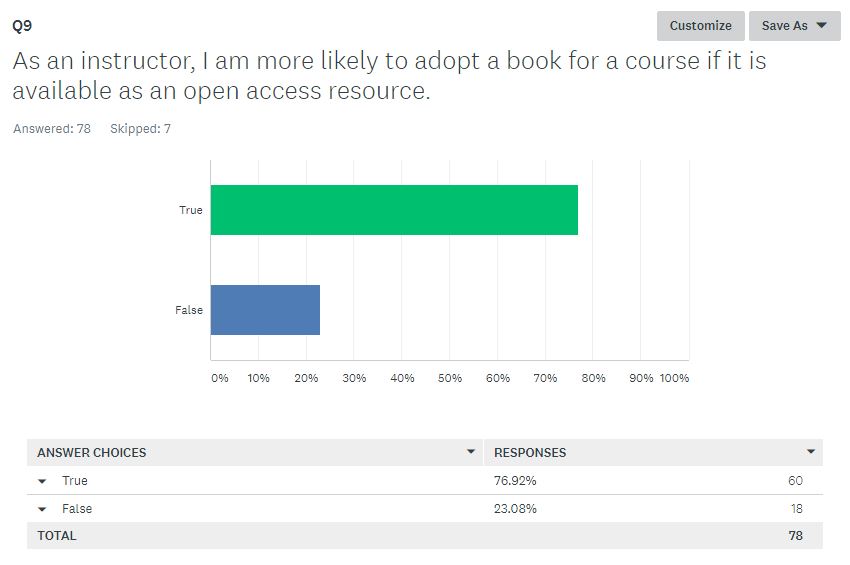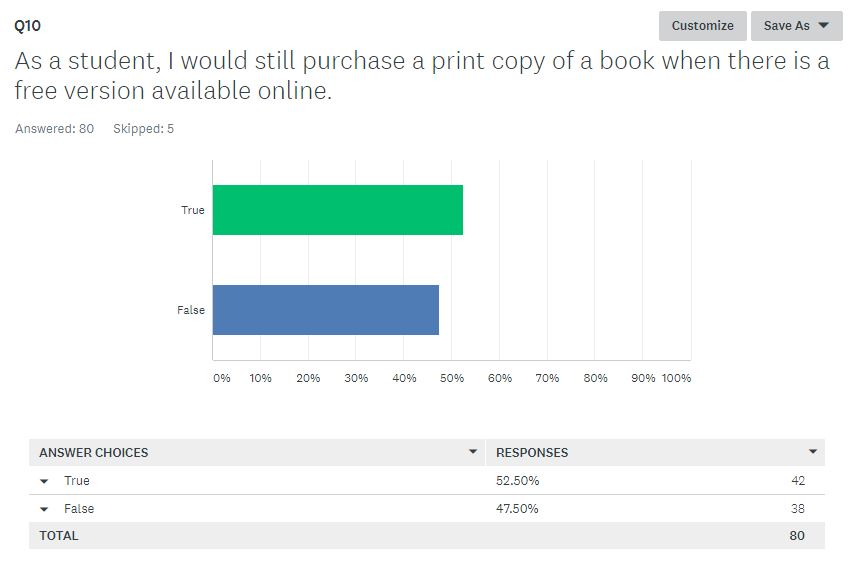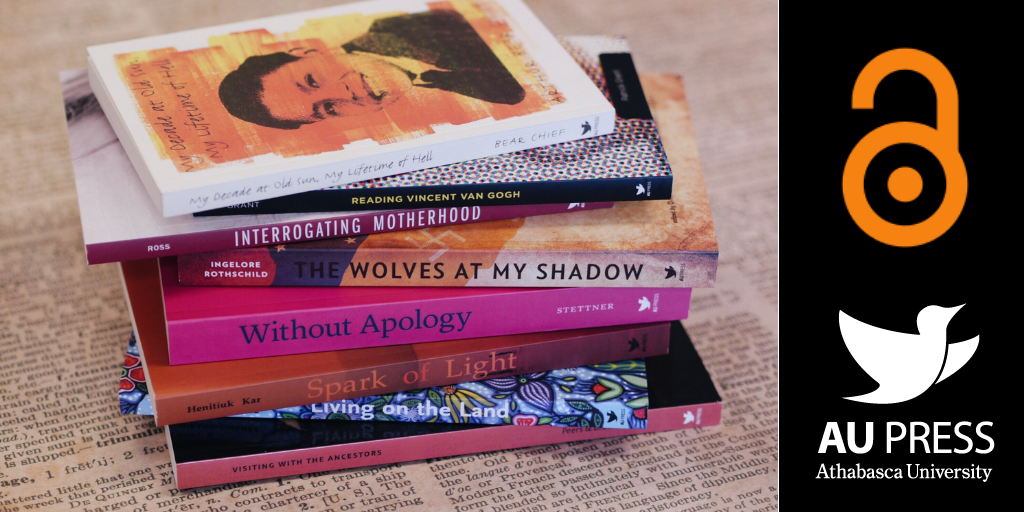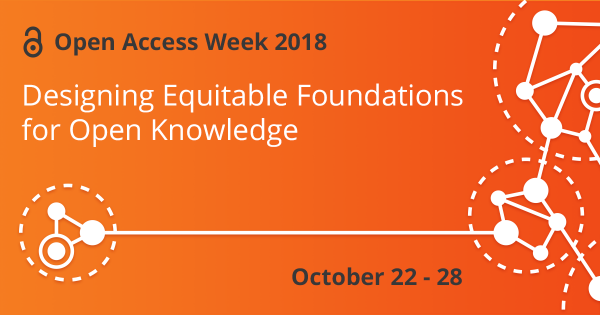Thank you to everyone who participated in our Open Access Week Survey. We thoroughly enjoyed watching the responses accumulate and start to lean in one direction or the other. You will find the results along with our reflections below.
Demographics and Reading Formats
The majority of respondents were professors and researchers along with a number of students, librarians, and readers.
The print version of a book was preferred by most respondents for academic reading/research and reading for pleasure (including novels, poetry, memoirs, etc). Desktop computers and tablets are tied as a second option for reading academic books. Tablets or dedicated e-readers were the second most popular option for reading novels, poetry, etc. Audio was the least popular format for reading both types of books. One respondent noted a preference for reading academic books in a PDF format that can be highlighted and that includes search tools. This is the kind of reading experience that Manifold Scholarship is exploring.
 Reflection: AU Press has operated a hybrid publishing model for open access dissemination since our founding in 2007. This means that we make the open access PDF available on our website for free download, but we also sell print copies and ebooks. It’s clear from this survey that ebooks are not the preferred format for immersive reading experience and offering a print option alongside the open access version is still important and desired by readers.
Reflection: AU Press has operated a hybrid publishing model for open access dissemination since our founding in 2007. This means that we make the open access PDF available on our website for free download, but we also sell print copies and ebooks. It’s clear from this survey that ebooks are not the preferred format for immersive reading experience and offering a print option alongside the open access version is still important and desired by readers.
Course adoption
Instructors told us that they are more likely to adopt a book for a course if it is available as an open access resource. However, fifty-two percent of students would still purchase a print copy of a book when there is a free version available online (an answer likely to be dependent on the cost of a textbook).

Reflection: It was interesting to see that just over fifty percent of respondents search for a free version of a book before they buy it. This may be common practice for finding pirated music or films, but we were surprised to see this trend for books. And just where are they searching for and finding these free versions? Are they all open access?
Where to find open access books
The majority of respondents search online for a copy. Others look in their institution’s repository or database of free books. Forty-one percent of respondents search for a free copy on a publisher’s website. As open access becomes more common in scholarly publishing, that number may increase.

Reflection: These responses indicate that people are noticing that publisher websites are no longer just a catalogue of books—they are e-commerce platforms that offer readers additional resources and more.
What is open access?
In our question about what an open access book is, respondents could check the following boxes: free, digital, and can be shared freely. They could also add their own answer by checking “other.” The majority of respondents selected all three options which are all correct. Below are a few of the answers we liked and a few that we wanted to address.
- Is openly accessible (cost vs free debate: there’s always a cost to someone for creating a book that is openly made accessible). We were pleased to see a number of respondents note that open access resources are not free to create. This is true! There is a lot of work and money that goes into the editing, designing, and marketing of a quality open access product.
- Awesome. We think so too!
- Potentially able to be made legible by folks with disabilities preventing them from reading in print. Ebooks do offer more flexibility, however it is important that publishers harness the capabilities of technology to provide access for all. Digital =/= accessible.
- Can be modified and repurposed, can be kept forever, can be remixed with other open resources. This is definitely true, however not all open access resources can be modified, repurposed, or remixed with other open resources. The permission to do so depends on the Creative Commons licence attributed to the work.
- Available in pdf and print formats. Although this is our model, not all open access books are available in print.
- Preferably free, but buyable and sharable works. Open access should always be free to the consumer!
Reflection: A nuanced understanding of open access is currently lacking among the general population. This indicates that more communication and clarity is required to help people recognize how open access differs from both traditional forms of publishing and from more openly licensed material.
Thanks to all who participated!
More articles about open access you may enjoy: Open Access Monographs: Perspectives from University Presses (via Wonkhe), The Truth About Open Access Publishing, Open Access: Endless Possibilities, Manifold: Publishing and Beyond.


